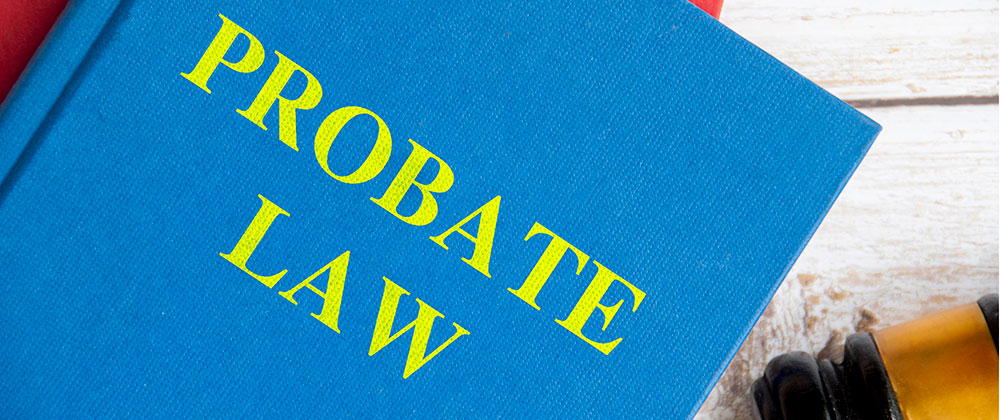WOULD “A ROSE BY ANY OTHER NAME SMELL AS SWEET” IN CYBERSPACE?
If one lesson to be learned from Shakespeare’s Romeo and Juliet and the famous words, “A rose by any other name would smell as sweet,” is that a thing remains what it is regardless of what it is called or where it appears, than it is easy to understand why “cyber-defamation” is still “defamation” – meaning, that even if a defamatory statement is published by an anonymous blogger on the Internet, the elements one must prove to win monetary damages are generally the same as traditional defamation cases.
Such a case recently appeared in the news – a cyber defamation lawsuit, originally filed in Broward County in 2011, with all the makings for its own Shakespearean drama, as it stems from an acrimonious divorce and child custody battle. The plaintiff is the ex-husband, an orthopedic surgeon. His three-count second amended complaint seeks damages for defamation, conspiracy, and intentional infliction of emotional distress. He is suing his ex-wife, a recent law school graduate, and several other defendants, including a private investigator that his ex-wife hired to allegedly help her concoct a plan to anonymously post a series of scathing defamatory statements on the Internet about him. The doctor’s complaint alleges that his ex-wife was behind numerous anonymous online postings to various websites that attacked his medical ethics, accused him of defrauding investors in real estate deals, and claimed he was spreading sexually transmitted diseases, among other damaging, hateful, and defamatory statements. The complaint describes his ex-wife as “a woman on a mission” to “cyberstalk and destroy.” (Or to quote Shakespeare, “Hell hath no fury like a woman scorned.”)
In its simplest form, the concept of defamation is communicating a false statement about a person or business to a third party which causes harm or loss of reputation in the community. In Florida, as in most states, the legal definition of the tort of defamation has four distinct elements, all of which must be proven by the plaintiff to prevail and receive an award of money damages. In general, the four elements are:
1) the defendant published a false statement;
2) that was not otherwise privileged about the plaintiff;
3) to a third person; and
4) the falsity of the statement caused injury to the plaintiff.
The essence of the published statement must be “factual” in nature – that means it is not merely conveying an opinion or legitimate criticism about the person or business, but the content of the statement has a factual basis that is completely untrue. Truth, therefore, is a complete defense to a claim of defamation. A plaintiff must also prove that the person making the statement acted negligently (which means without due care) or with actual malice (which means the statement was made with knowledge it was false or with reckless disregard for the truth), depending on whether the plaintiff is a private person or a public figure. In that sense, it is more difficult for a public figure to show he or she has been defamed. An oral defamatory statement is called “slander” and a written defamatory communication is called libel. Obviously cases involving cyber defamation fall into the latter category. If you think you or your business have been defamed – on the Internet or through a non-cyberspace publication, call the attorneys at Boynton Law, P.A. for a free consultation.
Cyber defamation cases have the same four elements as traditional defamation claims, but because of the anonymous nature of the publication (i.e. posting on-line under a screen name), oftentimes they share some unique challenges, such as proving the identity of the author. Typically, with cyber defamation cases, a plaintiff must get the IP address for the anonymous posts and then work backwards to figure out the originating computer, thus proving the identity of the author/defendant.
In the case referenced above, according to the ex-husband/doctor’s attorney, as reported in the Daily Business Review, traces of the Internet provider addresses only reflected that the posts were uploaded to various websites from publicly accessible WiFi hotspots and therefore, not traceable. Notwithstanding the ex-husband’s belief that there was sufficient circumstantial evidence to prove his ex-wife, with the help of her co-conspirators, specifically the private investigator she hired, was behind the defamatory statements posted about him on the Internet, she always denied having any role in or knowledge about the various postings.
Details about most lawsuits are usually different and outcomes unpredictable, including incidents alleging cyber defamation, but this particular case was in the news recently when – once again reminiscent of a Shakespearean tragedy – it took a dramatic and unpredictable turn. Out of the blue a witness came forward and provided detailed testimony about how the ex-wife and the private investigator conspired and devised a plan to put the defamatory posts against the ex-husband on the Internet. The “witness” who spilled the beans is a former employee and the ex-fiancé of the private investigator. Given that she herself was never a named defendant in this lawsuit, why she would suddenly testify against her former fiancé – years after the lawsuit was originally filed – is unclear, except to say it would appear that “Hell hath no fury . . .”
If you or your business have been defamed or if you have concerns that you may be the victim of cyber defamation, call the attorneys at Boynton Law, P.A. for a free consultation and let our legal team evaluate your case, discuss your legal options, and provide the right solution for your situation.




